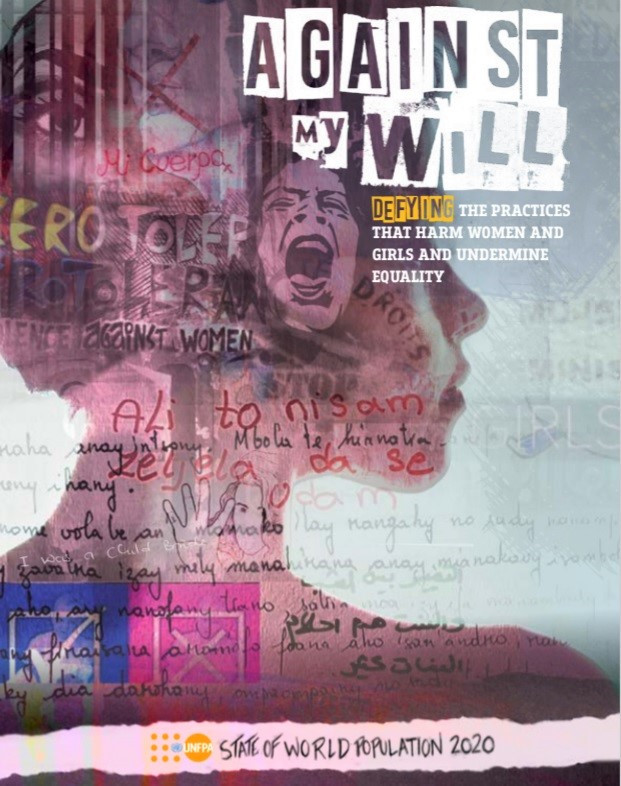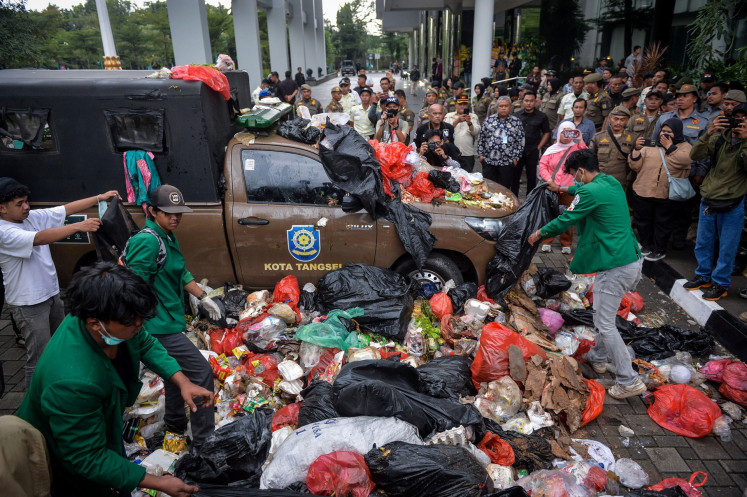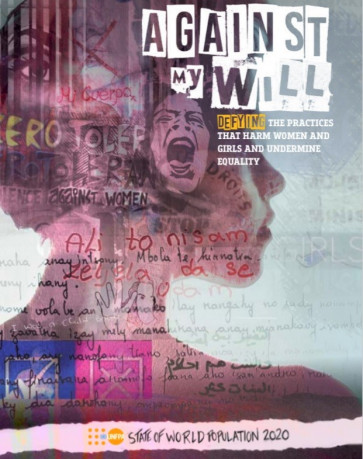Popular Reads
Top Results
Can't find what you're looking for?
View all search resultsPopular Reads
Top Results
Can't find what you're looking for?
View all search resultsFemale circumcision in Indonesia, the unheard alarm
As the world marks the International Day of Zero Tolerance for Female Genital Mutilation/Cutting on Feb. 6, we should look at comprehensive measures to tackle the root of the problem toward eliminating the harmful form of gender-based violence that still continues in Indonesia.
Change text size
Gift Premium Articles
to Anyone
T
oday, Feb. 6, the world commemorates the International Day of Zero Tolerance for Female Genital Mutilation/Cutting (FGM/C). Although female circumcision has existed for centuries, the United Nations only issued its declaration to eliminate the practice in 2012.
Research studies and advocacy in many countries, mainly in Africa and Asia, including Indonesia, have proven that FGM is a harmful form of gender-based violence that is closely related to prejudice regarding women’s bodies and sexuality.
The UN has established the term FGM/C as referring to all procedures that injure or alter female genitalia for nonmedical reasons, and are performed based on suspicion and distrust about female sexuality on an assumption that women’s libido needs to be controlled by mutilating their genitals.
The world body has agreed that these acts violate women’s basic rights and dignity as humans.
Recently, the UN reported that thanks to systematic efforts made over the past decade, cases of FGM worldwide had declined. But it also provided a specific note urging governments in some countries like Indonesia to pay greater attention to efforts to prevent and eradicate the practice of FGM/C in a planned and systematic way.
The UN has asked Indonesia to provide oversight and monitoring to reduce this practice, which threatens the safety and health of women.
The problem is that rather than strictly forbidding the practice by enforcing the law to protect women from dangerous practices, FGM has become more widespread through medicalization.



















